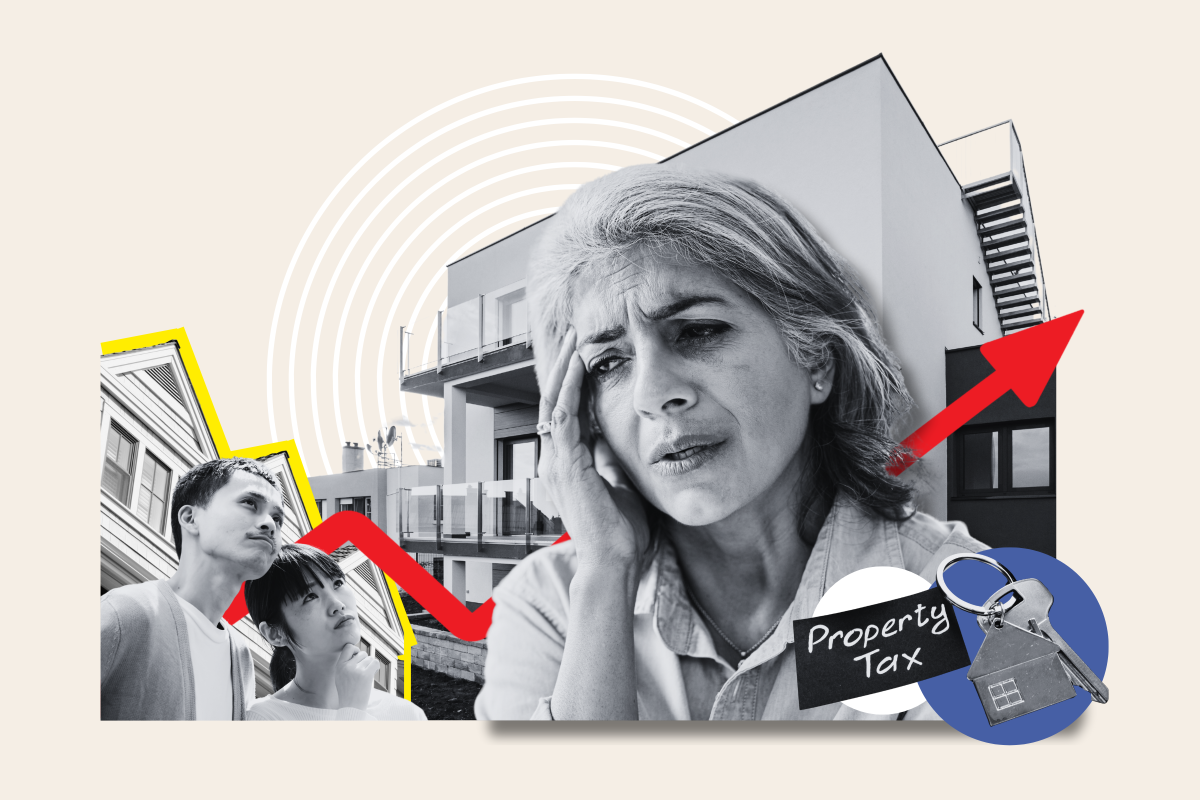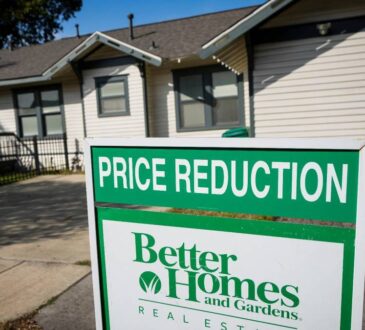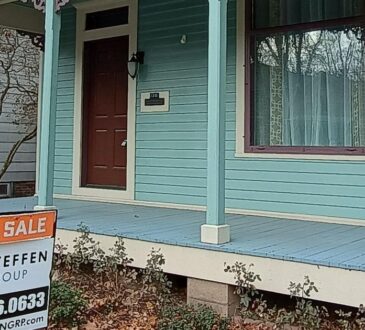Rising property taxes over the past five years have exacerbated American homeowners’ housing affordability struggles, with many reporting that they are now paying much more than they initially budgeted for them.
According to a new survey by property tax appeal service Ownwell, 66 percent of homeowners in the U.S. say their bill is higher than they budgeted for, while three in four (74 percent) are worried about paying even more in the near future.
Why It Matters
Between 2019 and 2024, property tax bills have gone up in nearly every U.S. metropolitan area, according to a recent report from real estate brokerage Redfin, with Florida counting three of the five metros with the biggest hikes. Nationwide, property taxes increased by nearly 30 percent during the same five-year period, reaching a monthly median of $250.
Rising home values during the pandemic buying frenzy have driven these increases, together with the increased frequency and severity of natural disasters—especially in vulnerable states like Florida—and changes to local tax rates.

Photo Illustration by Newsweek
But higher property taxes are now among the growing costs burdening aspiring homebuyers and pushing them on the sidelines of the market, cooling down demand at a time when inventory is finally growing.
What To Know
“Property taxes have been rising in recent years, including a 2.7 percent increase from 2023 to 2024,” Joel Berner, senior economist at Realtor.com, told Newsweek.
“This is primarily due to increases in home value assessments, which have been following the run-up in listing prices and home values since the pandemic. With the tax rate held steady, growth in assessed values will lead to growth in tax burden,” he added. “However, the median assessed value only increased by 2.0 percent from 2023 to 2024, so some of the increase comes from actual tax rate increases.”
The Ownwell survey found that 82 percent of American homeowners budgeted for property taxes, but two-thirds felt this year’s bills were higher than they expected.
While a majority of homeowners all across the country are concerned about property taxes rising further, this concern was particularly stark in states which currently pay the highest bill in the nation, including Colorado (85 percent), New Jersey (81 percent), California (80 percent) and New York (78 percent).
“Property taxes are high in states like New Jersey, Connecticut and Texas, where homebuyers need to take taxes into account when they’re figuring out how much they can pay for a house,” NerdWallet’s home and mortgage expert Holden Lewis told Newsweek.
“But in states with low property taxes, like Hawaii, Colorado and Alabama, taxes aren’t a major factor in the housing budget.”
With a median property tax burden of $3,500, taxes do weigh heavy on homeowners, Berner said.
“Especially at a time when home insurance premiums and homeowner association (HOA) fees are growing, there isn’t much extra space in a homeowner’s budget for tax increases,” Berner said. “Tax bills jeopardize home affordability, which is why it’s so important to ensure you’re being taxed fairly.”
Nearly half of all homeowners surveyed by Ownwell (48 percent) believed that their assessed home value might be inaccurate, but only 22 percent had ever tried to appeal their property taxes.
Another recent report by Realtor.com found that many of these homeowners may in fact be paying more in property taxes than they should. According to the company, 40.5 percent of properties in the U.S. could be over-assessed, which means that their owners are potentially paying higher property tax bills than they should.
How Homeowners Could Seek Immediate Relief
While many might not know this is a possibility, homeowners have the option of challenging their property tax assessments.
“In states with high property taxes, something remarkable happens around the time that the counties issue their tax bills: homeowners’ mailboxes fill up with letters from companies that specialize in challenging tax assessments,” Lewis said. “These companies sometimes succeed in reducing tax bills.”
Homeowners can also make sure that they claim all the tax exemptions that they qualify for.
“In many places, a homestead exemption provides a tax break on the primary residence. Other exemptions may be available for seniors, disabled people and even for houses with solar panels,” Lewis explained.
A Property Tax Revolution in the Works
In GOP-led states across the country, including Florida and Texas, state legislators are trying to drastically reduce property taxes, or trying to eliminate them altogether.
Four states, including Florida, Illinois, Kansas, and Pennsylvania, currently have plans to abolish the property tax. No state in the union has so far eliminated the tax, though some have tried.
Eliminating property taxes, however, would force local and state governments to get funding for important public services—including public schools, streets and roads, and police and fire fighting services—through other means, especially in states that do not have an income tax.
Caroline Bruckner, a tax professor on the faculty of American University Kogod School of Business, previously told Newsweek that abolishing property taxes “would be a double-whammy for states that are also losing funding from federal programs.”
In other words, she said, “with proposed cuts to key federal agencies that provide funding and services, there will be more pressure on states to step up and deliver critical services for education, healthcare and disaster aid.”




